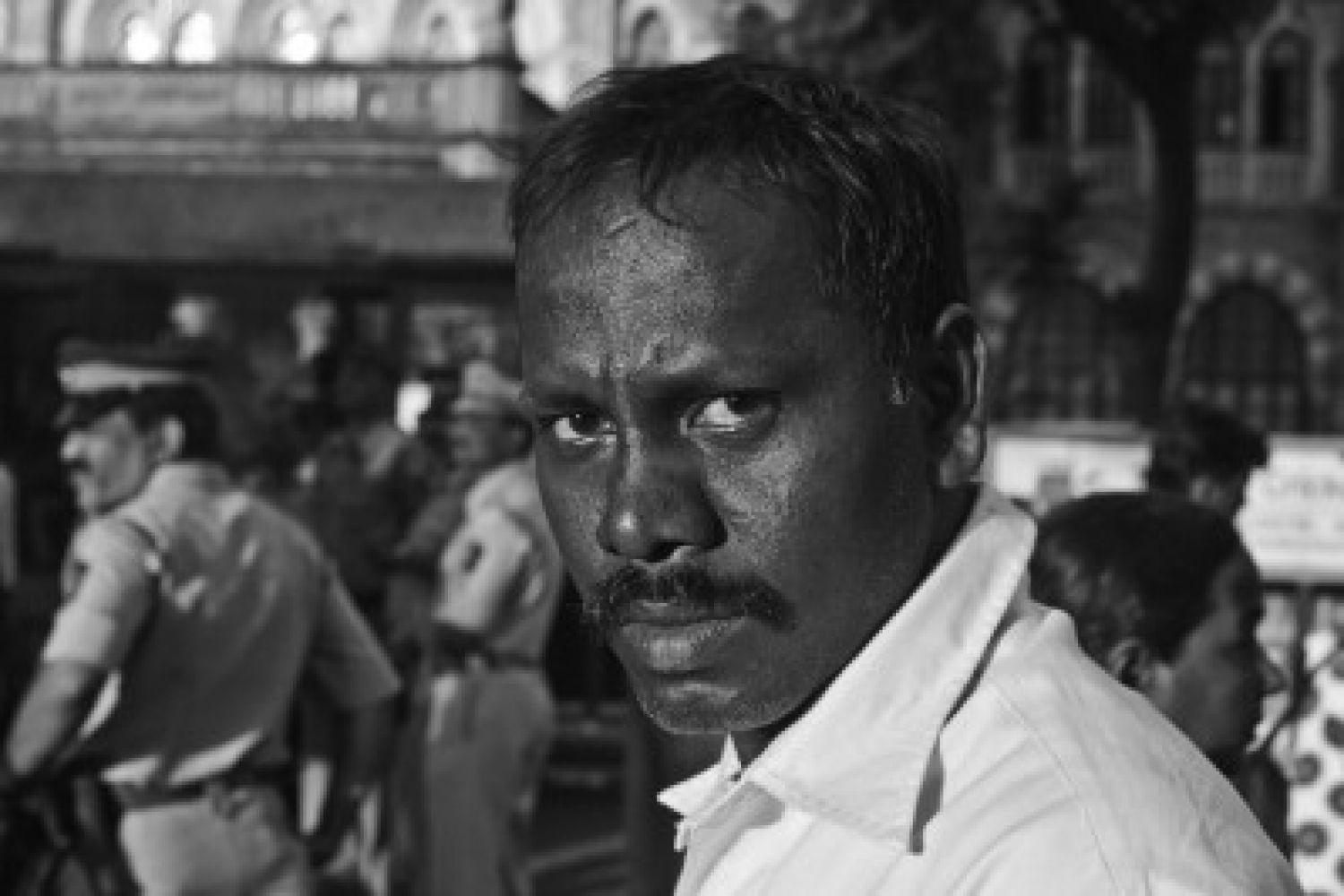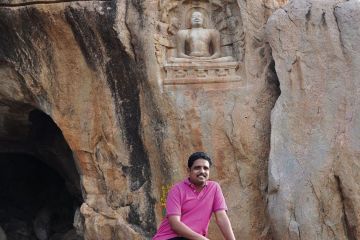
In 2004, Santosh Thorat was just weeks from becoming a regular in the police force. He was part of the police party sent with the bulldozers to demolish his own settlement of Annabhau Sathe Nagar.He belongs to the same caste as Annabhau Sathe, Matang/Mang Dalit, social reformer, communist, novelist (he wrote over 35 novels in Marathi), who died in the destitution that Santosh was born into. Through the anxieties of the 2004-05 demolition drives, Santosh met the senior inspector and begged him to





